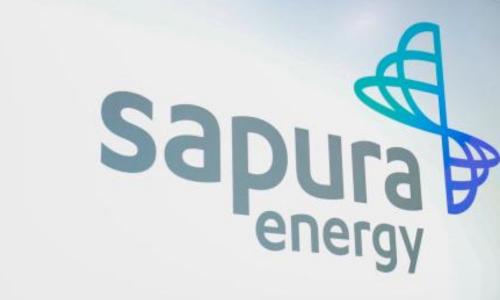COMMENT | When should a GLC be bailed out?
COMMENT | This question is particularly pertinent in the case of government-linked company (GLC) Sapura Energy with news reports saying that an imminent bailout of the company is being contemplated by the Finance Ministry with an assistance package and a possible grant. The answer to that question is rarely, if ever. If the failure of a company does not cause a systemic failure - that is, a considerable knock-on effect which will cause other collapses throughout the system - then it is best to leave it entirely to commercial considerations. For instance, in a large bank failure, without a concerted intervention to enable it to meet business obligations, cross defaults can happen which can cause far more damage to the financial system than the rescue of the bank in question. Typically, the shareholders are not saved but the business is via a new injection of funds. Turnaround occurs fairly rapidly with a change in management because the basic business is very viable, after provision for losses from unfortunate encounters. The other instance is when a business is allowed to continue to operate despite losses because it is in the national interest for the business to do so. Such reasons are often specious because it is usually not possible to assess accurately the impact of such a business on the broader economy. Part of the reason for repeatedly bailing out Malaysia Airlines (MAS), where probably over RM20 billion of public money has been spent, is this national interest factor. But in this case, the latest rescue plan itself was flawed through too drastic a cut in operations and coverage which benefited neither the airline nor the national interest. This set the airline back many years. In the case of Sapura Energy...
RM12.50 / month
- Unlimited access to award-winning journalism
- Comment and share your opinions on all our articles
- Gift interesting stories to your friends
- Tax deductable

